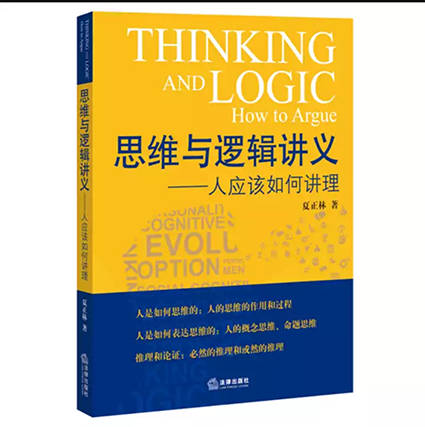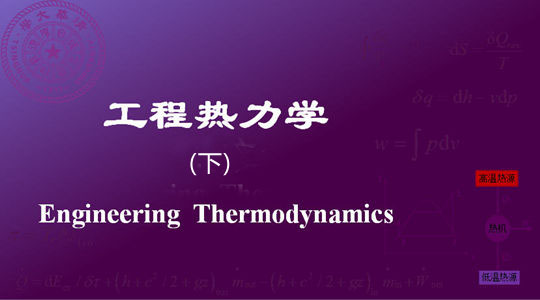
当前课程知识点:Seminar on Latest Development in Logic > The Hard Problem of Theory Choice -- A Case Study of Causal Inference > Summing-up > Introduction
返回《Seminar on Latest Development in Logic》慕课在线视频课程列表
Abstract: In this session I will first introduce hybrid logic, and then discuss a basic reasoning pattern that it supports; I will concentrate on the underlying intuitions, and won't presuppose any previous knowledge of hybrid logic. I will then discuss some themes in hybrid completeness theory. The key point I will make is that key ideas used in hybrid logic are closely related to ideas from first-order logic. I will conclude the talk by pointing to other reasoning styles for hybrid logic (such as natural deduction) and to recent work on formalizing completeness proofs for hybrid logic.
My slides will contain a lot of pointers towards the literature. If you want to read something before the talk, I recommend the following:
“Representation, reasoning, and relational structures: a hybrid logic manifesto”, Patrick Blackburn, Logic Journal of the IGPL, 8(3), pp. 339-365,2000. This is an introduction to hybrid logic that concentrates on the basic ideas that make hybrid logic a usable reasoning tool.
“Hybrid Logic”, Chapter 7, Section 3 of Modal Logic, Patrick Blackburn, Maartende Rijke and Yde Venema, Cambridge University Press, 2001. This is a more technical introduction to hybrid logic. It focusses on one key idea: don't aim for a traditional modal-style completeness result for hybrid logic. Be a little more ambitious: that way you get a lot more completeness results for free.
Speaker: Patrick Blackburn
I was born in Hong Kong, but grew up in New Zealand, and since 1981 I have been travelling, studying, and working in Europe. I did my PhD at the Centre for Cognitive Science at the University of Edinburgh in Scotland. Jeremy Seligman was also a PhD student there, and this is where we first began talking about hybrid logic. I then spent three years at the ILLC and the University of Utrecht in the Netherlands. This is where I met Maarten de Rijke and Yde Venema, and we began working on the book Modal Logic. Following this, I worked at the Department of Computational Linguistics at the University of Saarbrücken for five years; here I met Johan Bos and started writing a book with him called Representation and Inference for Natural Language and (with the help of Kristina Striegnitz) another book called Learn Prolog Now!. While at Saarbrücken I also worked on hybrid logic with Carlos Areces and Maarten Marx, and this continued when I moved to France to be a research director at INRIA, France’s national organization for research in computer science. Since 2011 I have been a professor of philosophy at Roskilde University (RUC) in Denmark.
My research centers on logic and its applications in cognitive science, computer science, and philosophy. I am particularly interested in applications that have something to do with natural language (that is, ordinary human languages) and in logics that take their inspiration from this source (particularly the modal-hybrid-temporal-description family of logics). In this area, I've been heavily influenced by the work of Richard Montague, Hans Kamp and Johan van Benthem. With my ex PhD student Luciana Benotti I have also worked in pragmatics and dialog from a computational perspective, and with my ex PhD student Irina Polyanskaya and my RUC colleague Torben Braüner (who also works on hybrid logic), I have applied ideas from logic to investigate the cognitive development of children with autism spectrum disorder.
返回《Seminar on Latest Development in Logic》慕课在线视频列表
-The semantics and belief revision in the vector space model
-Extension, interpretation and application
-A logic of explicit and implicit belief
-Syntax, Semantics and Standard Translation
-Introduction and strict-tolerant
-Absolute adjectives and half truths
-Subset Space Logic and Learning Frames
-"Universality" of AGM and the Ockhan Prior
-The problem of underdetermination and the old approach to it





